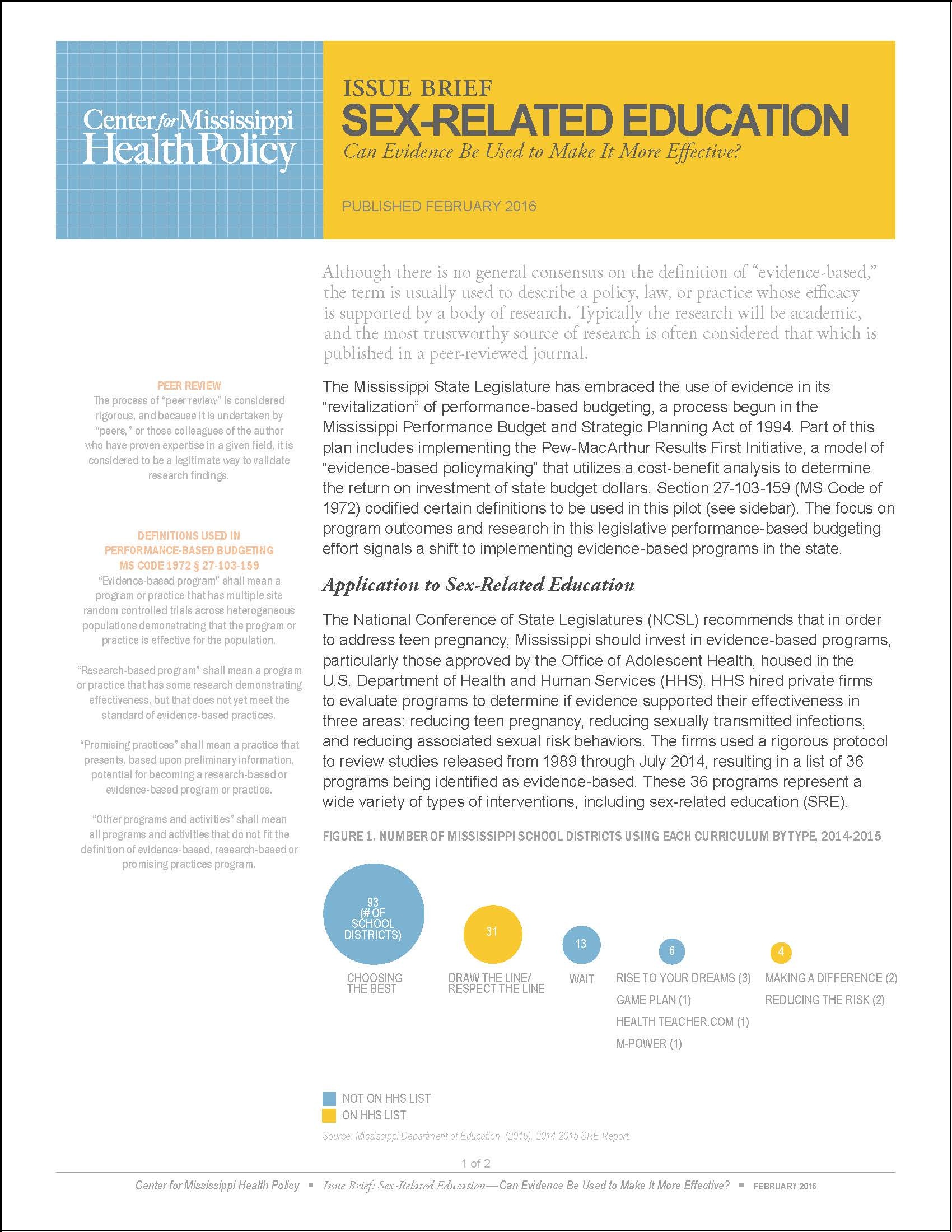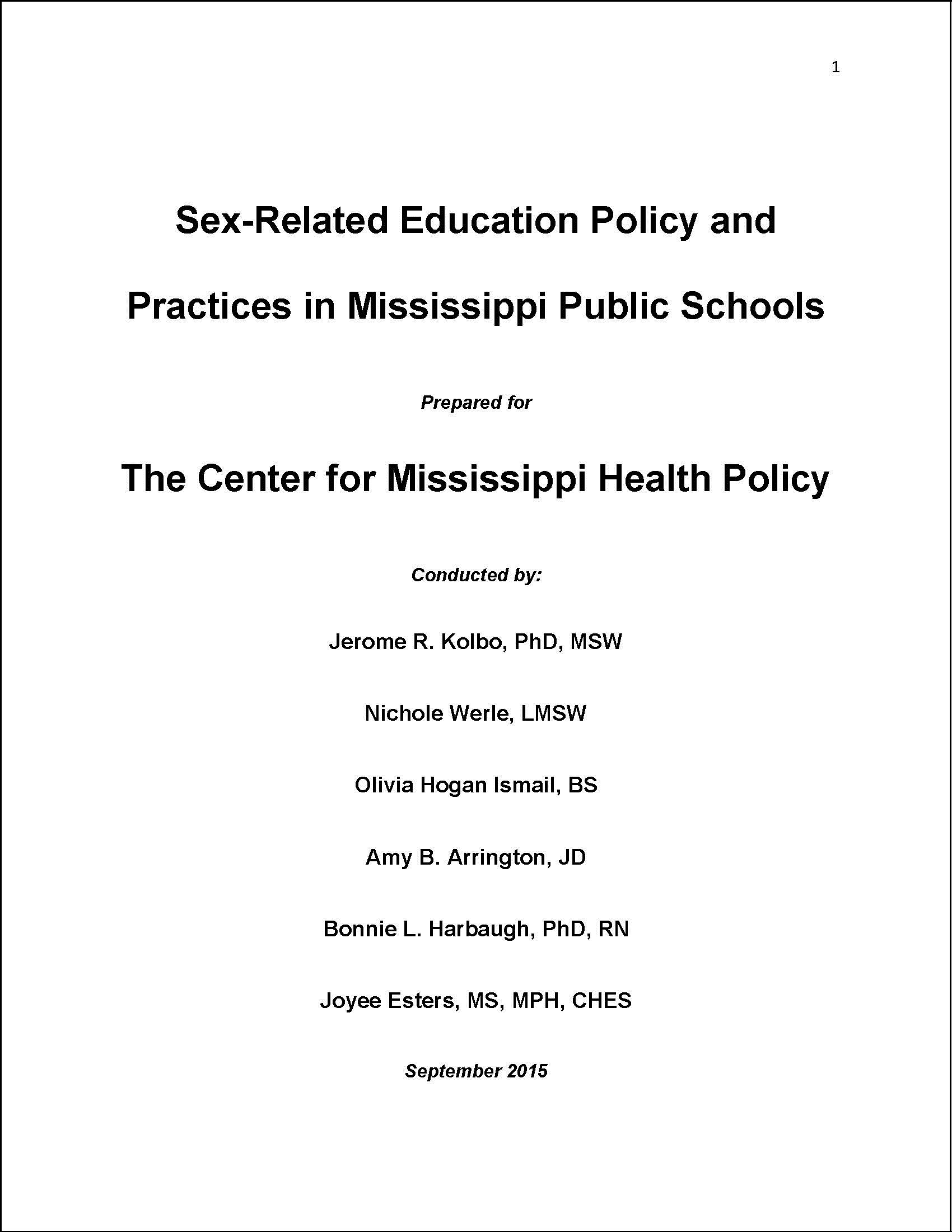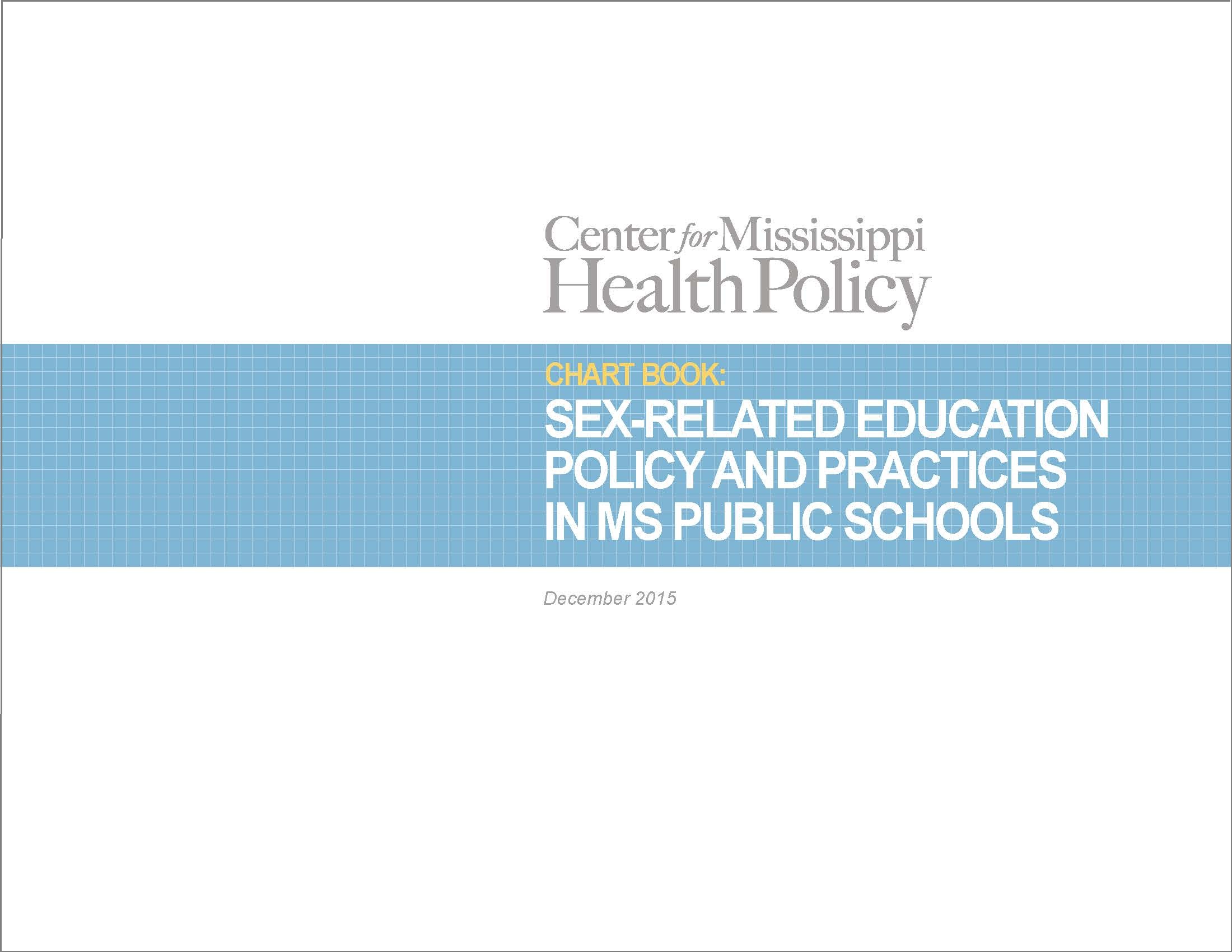by Eden Blackwell
It has been nearly 60 years since birth control pills became available to women in the United States. Since that time many forms of birth control have been approved by the Food and Drug Administration (FDA). Over time, some methods have been pulled from the market due to safety concerns, some have lost favor as newer, easier to use methods were developed, and for some types of birth control, medical guidance has changed about who should use … Read more...




